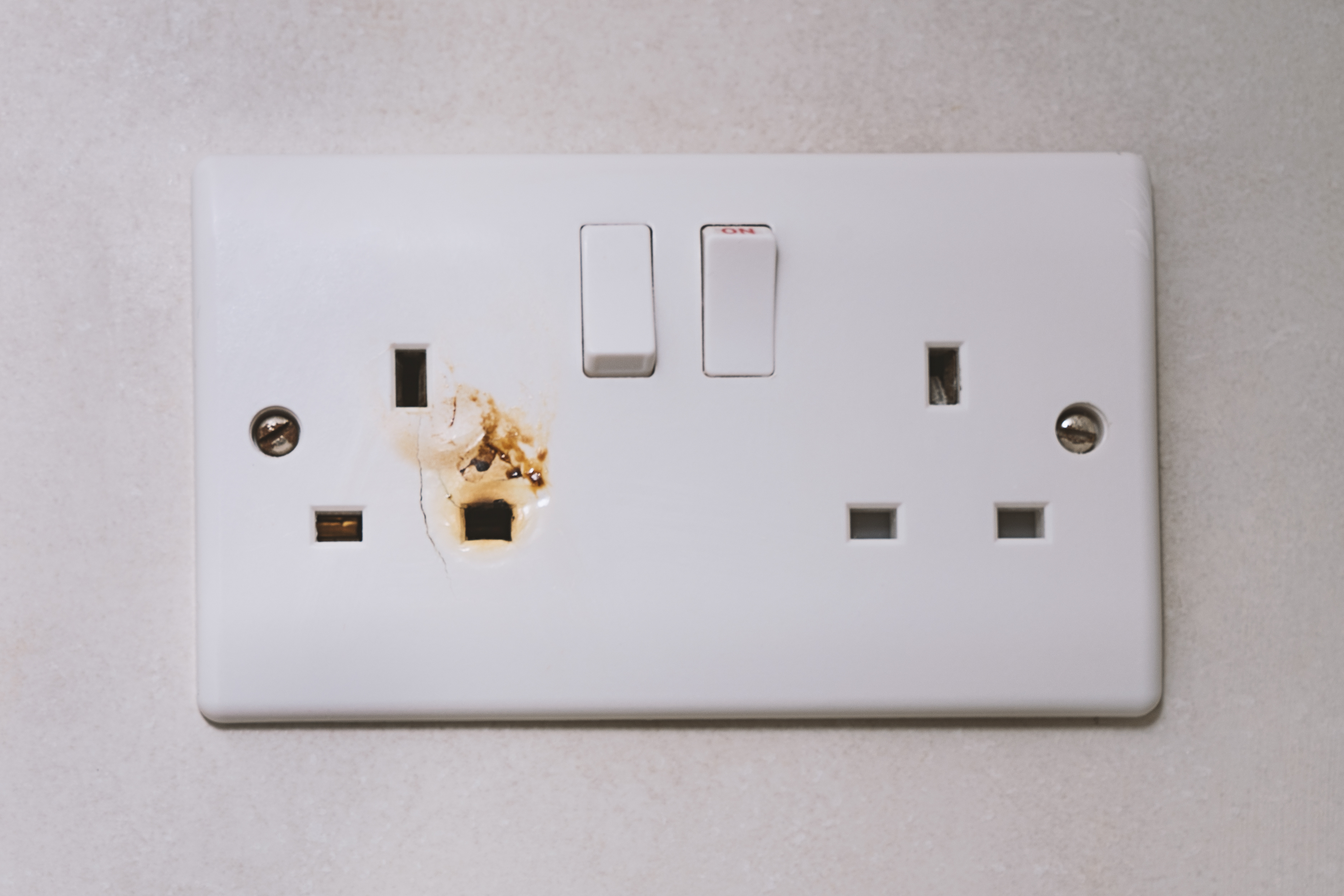
Electricians
Search

Electricians
Search

The dangers associated with electricity are underrated and underreported, a fact that means many aren’t aware of the risks that are posed by this everyday essential. Messing with electricity in any form is of course a huge no-no, yet many people still do not know or appreciate electricity and its perils.
In this blog post, we take a closer look at the dangers of not understanding electricity so you can get to grips with the risks and avoid injury.
Electrical injuries can be the result of exposure to a diverse range of voltages. Both alternating current (AC) and direct current (DC) have the potential to cause injury.
Electric shocks are perhaps the most common electrical injury. While at its most minor, a shock can cause muscle spasms, major electric shocks can block the flow of signals between the brain and muscles to stop your heart from beating or your respiratory system from breathing.
Exposure to electricity can also cause electrical burns, muscle control loss, and even first, second and third degree thermal burns.
Electrical injuries may not be common, but they can be fatal to humans and particularly destructive to the surrounding environment. With enough voltage, electricity can cause significant long-term effects, including surface skin burns and damage to internal organs or soft tissues.
The title of this article poses the question “can a 240v kill you?”. The short answer to this is “yes”. A 220- to 240-volt power point – this is the standard voltage of power plugs and sockets in the UK, Europe, Australia, and the majority of Asia and Africa – can give you an electric shock that can be fatal.
In fact, exposure to voltages as low as 50v can have fatal results. It is after all not the voltage that can kill, but its current. Time is also a factor in fatal electrical injuries. The longer your body is exposed to the current, the lower its resistance and the higher the risk of injury or death.
There are many steps you can take to safeguard yourself, your family or your workers from electrical injury. You should never handle anything electrical with wet hands or while standing in wet areas. Frayed and broken cords or plugs also shouldn’t be touched, while sockets should not be overloaded.
Calling in a professional to handle all your electrical needs is recommended to protect against and prevent electrical injury. Find a local electrician who can help today right here.